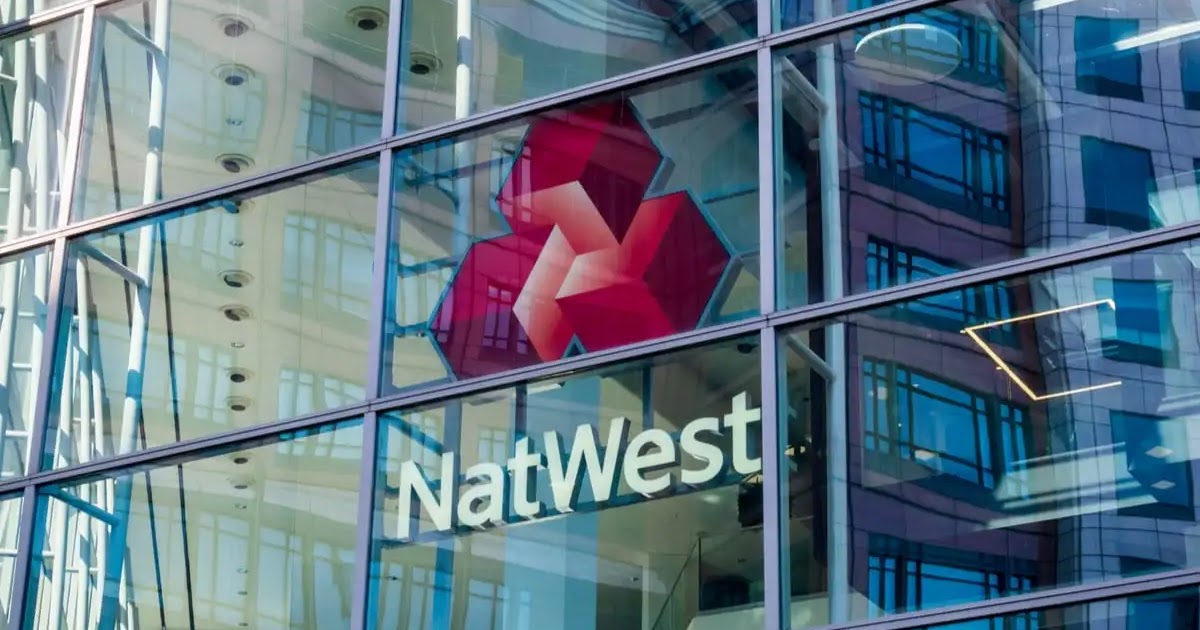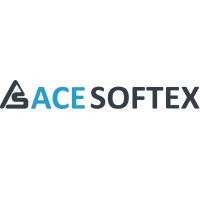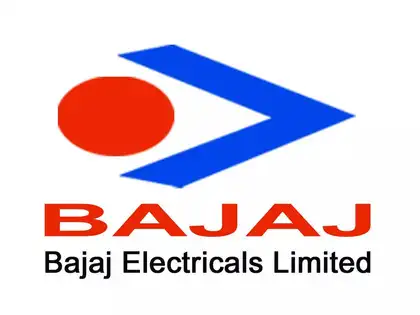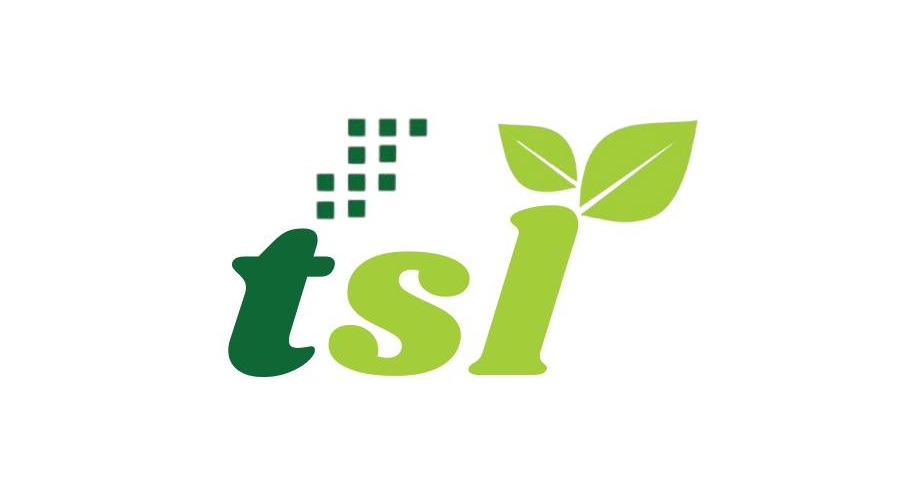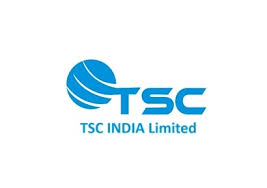
Follow WOWNEWS 24x7 on:
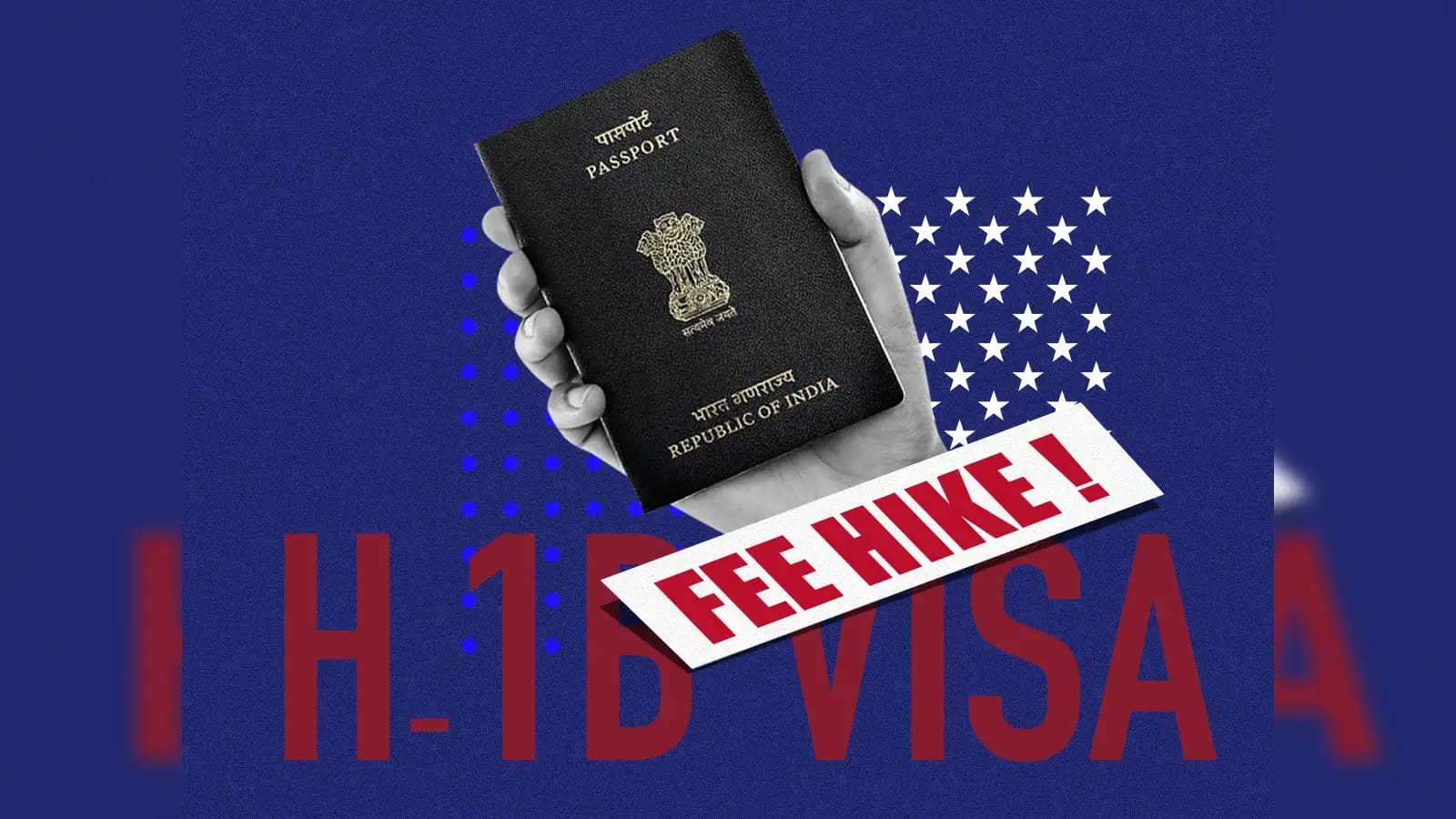
Indian technology and outsourcing companies are recalibrating their workforce strategies in the United States following the recent announcement of a steep hike in H-1B visa application fees. The move, confirmed by the White House and clarified by the US administration on September 21, 2025, has prompted industry leaders to accelerate local hiring and reduce dependency on foreign skilled worker visas.
The new fee structure, which raises the cost of new H-1B applications to USD 100,000, will take effect from the FY27 visa cycle. While current visa holders and renewals remain unaffected, the one-time fee for fresh petitions has triggered a strategic pivot across India Inc’s US operations.
Key Highlights From Industry Response
- Indian companies to increase local hiring in the US to offset visa cost impact
- Nasscom confirms over USD 1 billion being spent on upskilling and recruitment in America
- H-1B dependency among top Indian firms has dropped from 14,792 visas in 2015 to 10,162 in 2024
- H-1B workers now represent less than 1 percent of total employee base for leading Indian firms
- Fee hike applies only to new applicants from 2026 onward, offering time for transition
Clarification And Immediate Impact
The US government’s clarification that the fee hike applies solely to new applicants has helped ease concerns about business continuity and eligibility timelines. Nasscom, the apex industry body, stated that the measure will have only a marginal impact on the sector due to the ongoing shift toward local hiring and reduced visa reliance.
Indian firms have already begun adjusting their hiring models, focusing on nearshoring, subcontracting, and expanding local talent pools. The industry’s proactive stance is expected to mitigate margin pressures and ensure uninterrupted service delivery for US clients.
Strategic Adjustments And Hiring Trends
- Companies are prioritizing critical and irreplaceable roles for H-1B filings
- Local hiring is being ramped up in key US tech hubs such as Texas, California, and North Carolina
- Offshoring and remote delivery models are being expanded to reduce on-site staffing costs
- Training programs for American recruits are being scaled to meet client-specific skill demands
- Indian firms are collaborating with US universities and bootcamps to build talent pipelines
Financial Implications And Margin Outlook
Brokerages estimate that the direct margin impact of the fee hike could range from 50 to 150 basis points. However, the actual effect is expected to be lower due to the limited share of H-1B workers in the overall workforce and the profitability of offshore delivery models.
Companies like Infosys, TCS, Wipro, and HCL Tech derive over 50 percent of their revenue from the US market, making workforce agility a critical factor. Analysts believe that the shift toward local hiring and reduced visa filings will help preserve operating margins and maintain client confidence.
Broader Industry Context
The fee hike comes amid broader challenges for the Indian IT sector, including weak demand, delayed client decisions, and rising competition from AI-driven solutions. The new visa cost adds another layer of complexity, but industry leaders remain cautiously optimistic about their ability to adapt.
Nasscom has reiterated its commitment to advocating for stable and predictable talent mobility frameworks, emphasizing that skilled worker access is vital for sustaining innovation and economic growth in both India and the US.
Looking Ahead
As the H-1B fee hike takes effect in the next application cycle, Indian companies are expected to continue diversifying their workforce strategies. The emphasis on local hiring, upskilling, and operational flexibility will shape the next phase of India-US tech collaboration.
While the immediate disruption appears contained, long-term adjustments in staffing models, cost structures, and talent development will be key to navigating the evolving visa landscape.
Sources: MSN India, Economic Times, Financial Express, YourStory, Nasscom.
Stay Ahead – Explore Now! Rossell Techsys Secures Long-Term Boeing Deal To Power T-7A Red Hawk With 1,200 Shipsets
